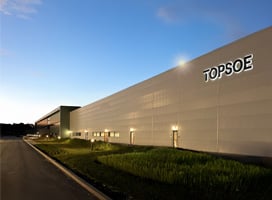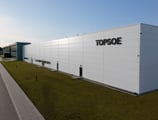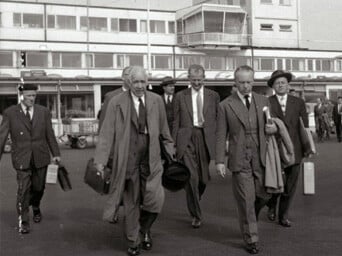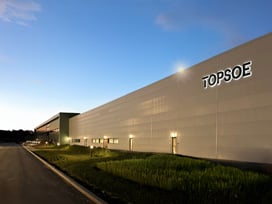Background
The major part of the industrialized world is trying to limit the sulfur content in transportation fuel for environmental reasons. Many researchers in the field of naphtha hydroprocessing agree that the lowest achievable sulfur level in a single stage may be dictated by the extent of recombination – a term applied for the reaction of olefins with hydrogen sulfide.
The aim of this project has been to obtain a solid understanding of recombination reaction kinetics and thermodynamics. This understanding is critical to the design and operation of ultra low sulfur hydro-desulfurization naphtha units.
Experimental work was carried out at Topsoe's facilities. The experiments were used to collect information regarding recombination, and the reactions that directly influence recombination. These reactions are hydrogenation/dehydrogenation, hydrodesulfurization, olefin isomerization and cracking.
The experimental work carried out at Topsoe was planned in collaboration between the student and the project supervisors. Experienced technicians in Topsoe’s pilot plants carried out the actual experimental work, and the student analyzed the data.
Theoretical work
A rigorous thermodynamic model was developed from first principles and used to s emulate part of the experimental work. The model showed good predicting properties.
Many disciplines were applied in this project, e.g. thermodynamics, kinetics, mathematics, programming and organic chemistry. The close cooperation between the student, supervisors and laboratory technicians ensured a good workflow and provided an excellent working environment.
Student
Yassir Ghiyati, MSc, Chem. Eng.
Master thesis carried out between February and June 2007 in collaboration with Department of Chemical and Biochemical Engineering, Technical University of Denmark
Research and Development, Refinery Process
Currently working as Managing Director at Topsoe.
.png)












